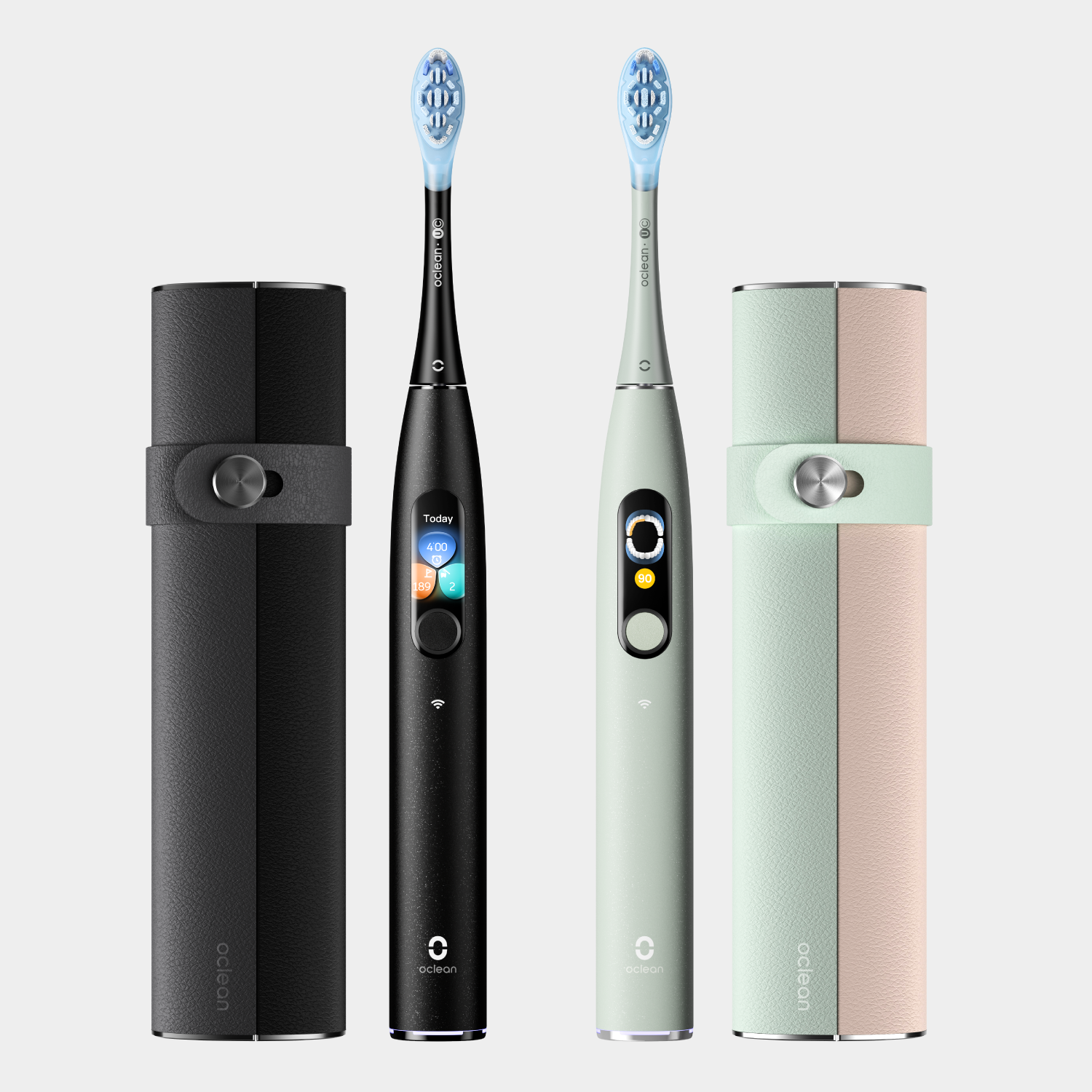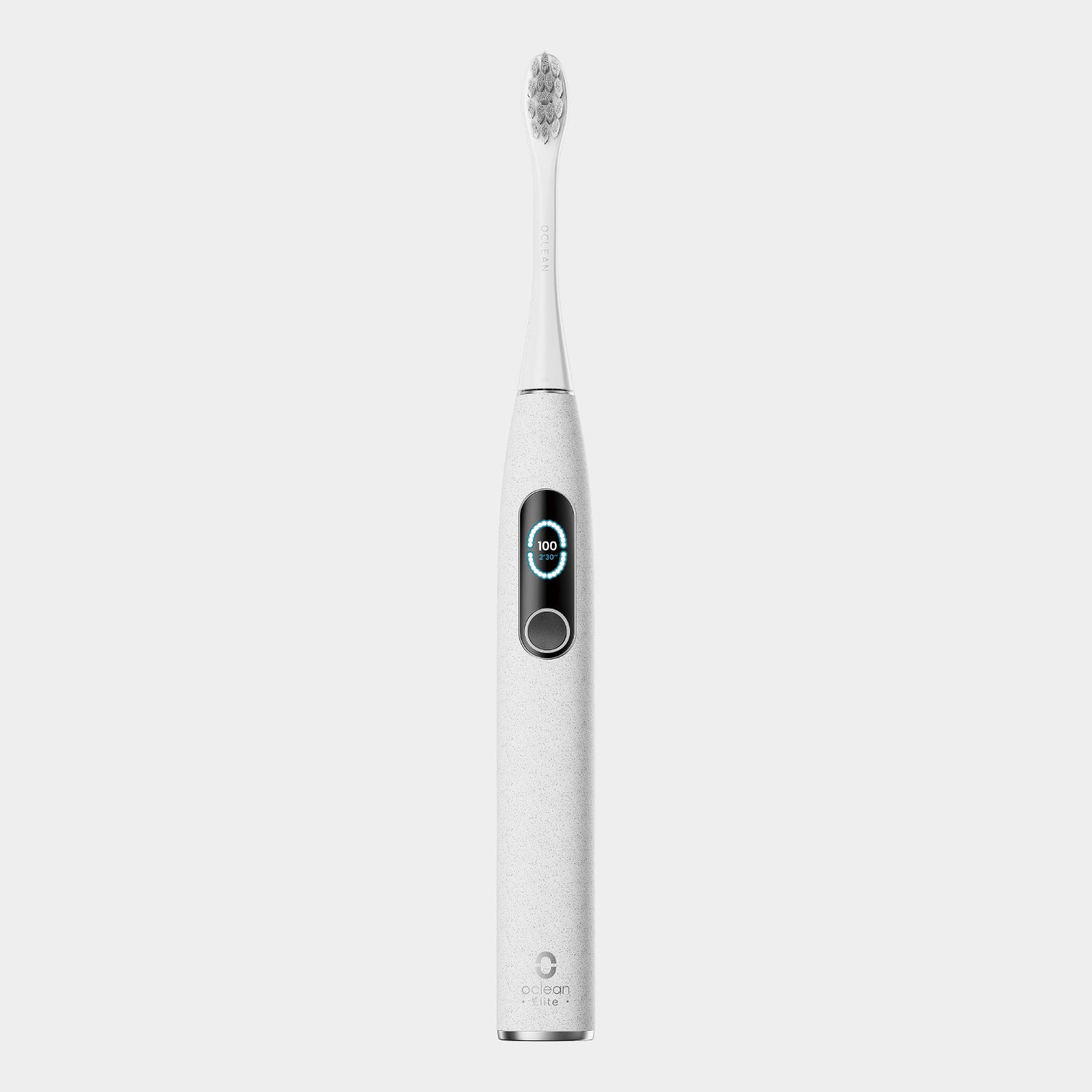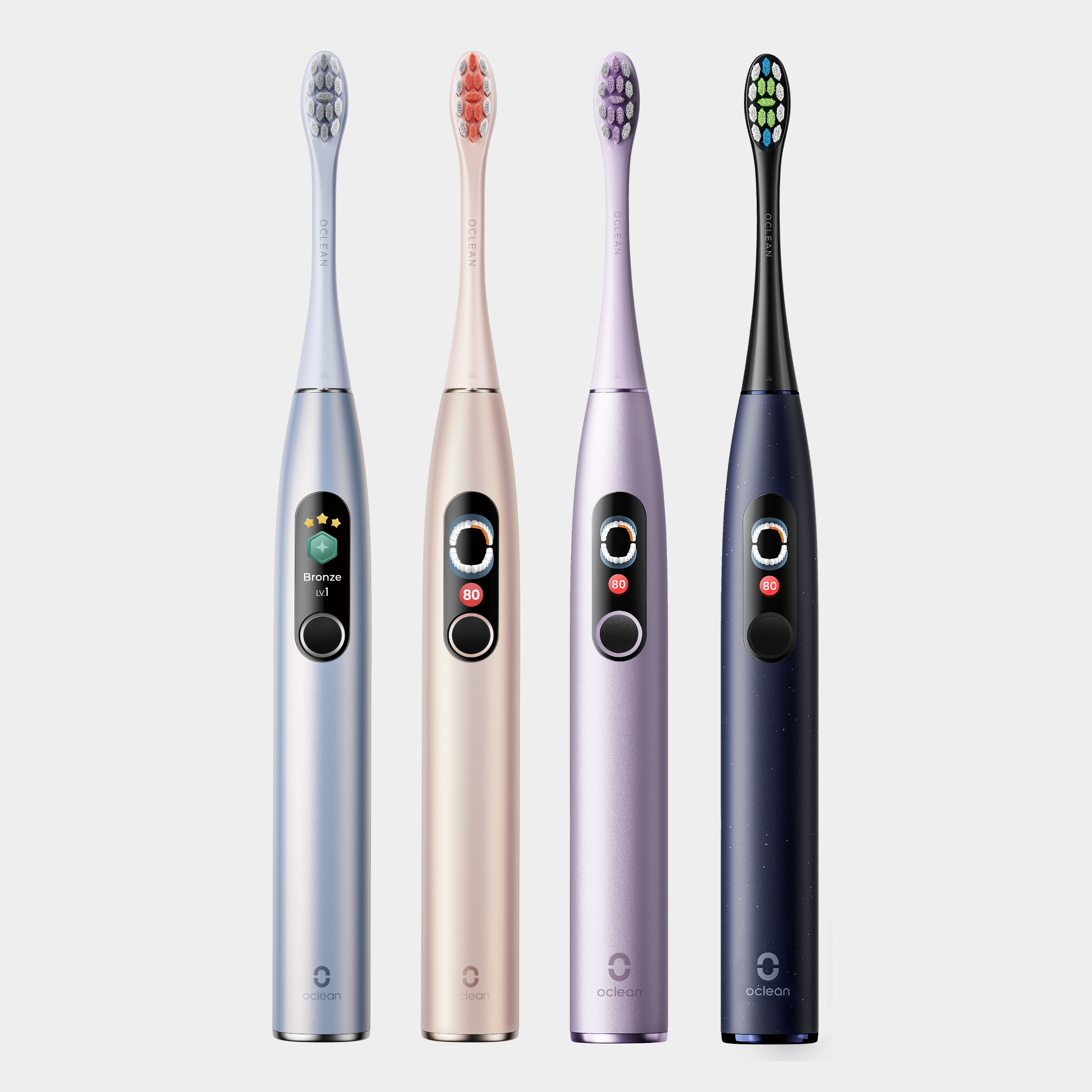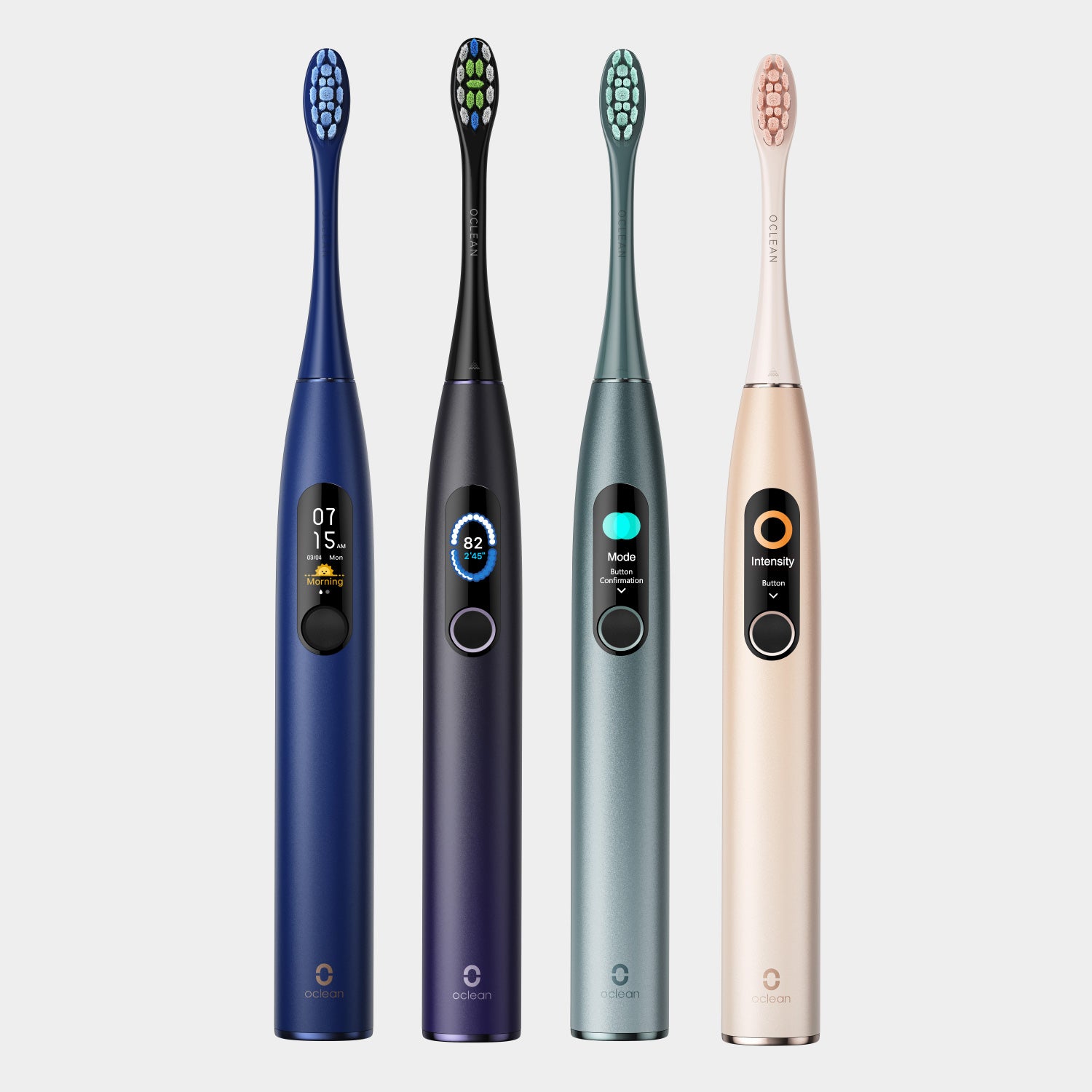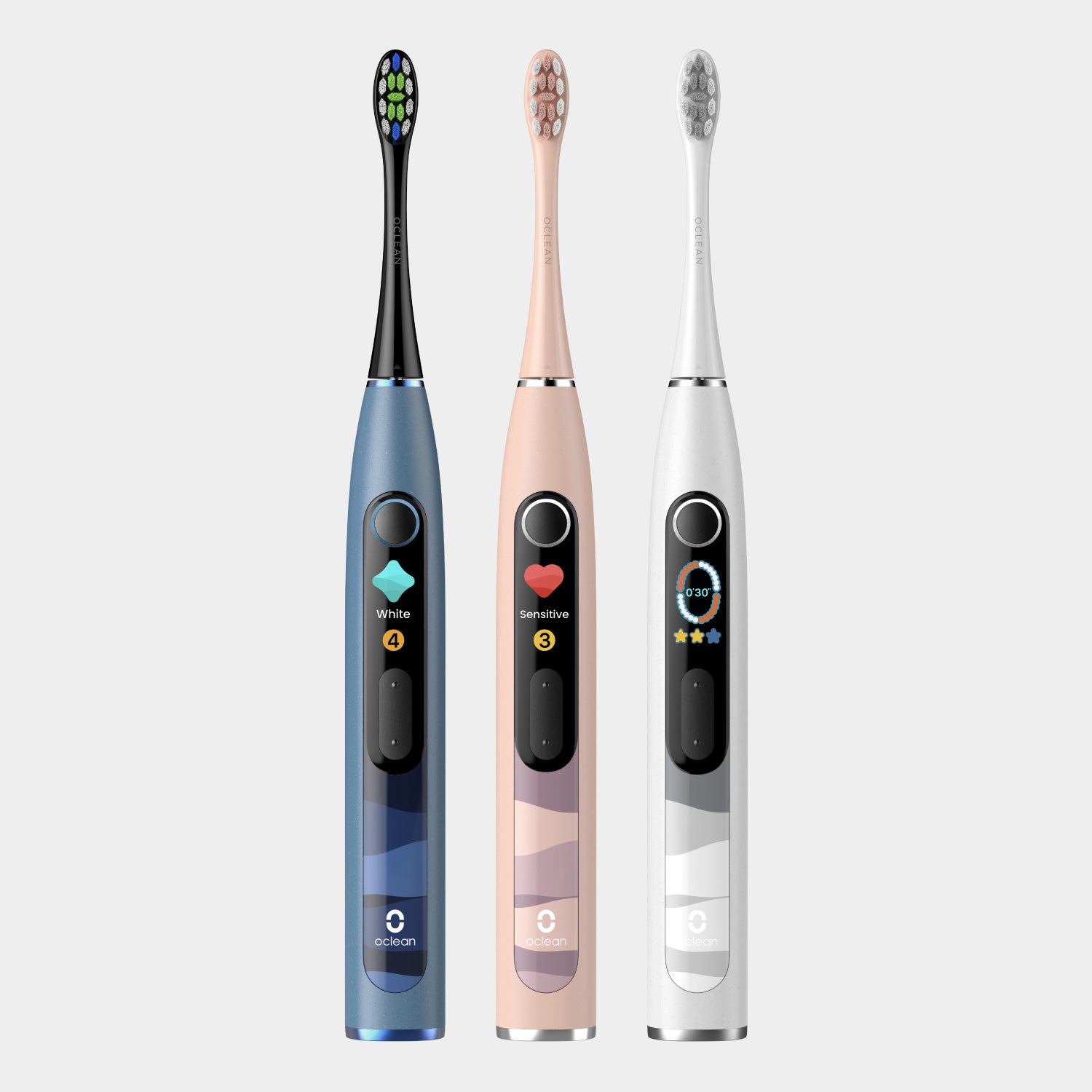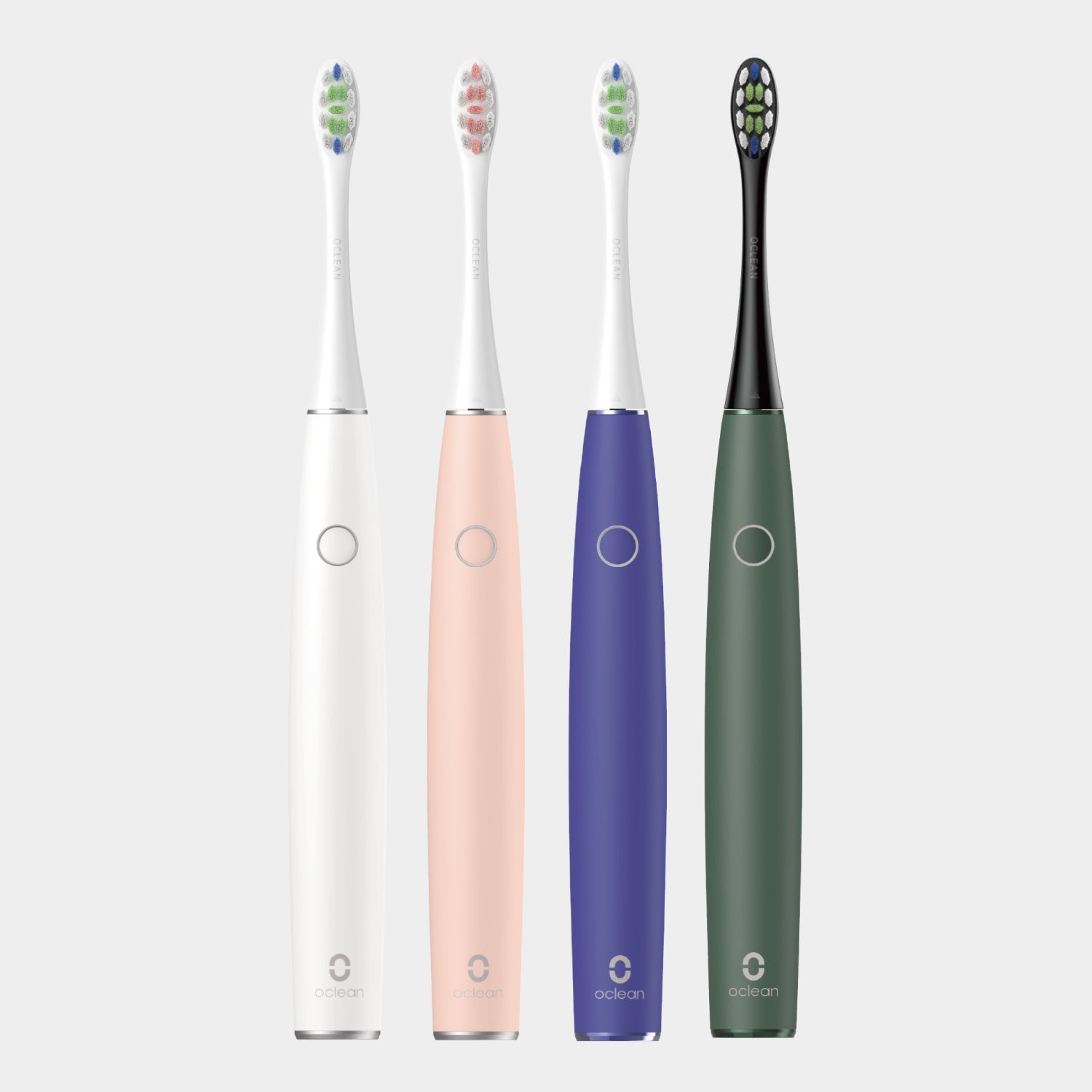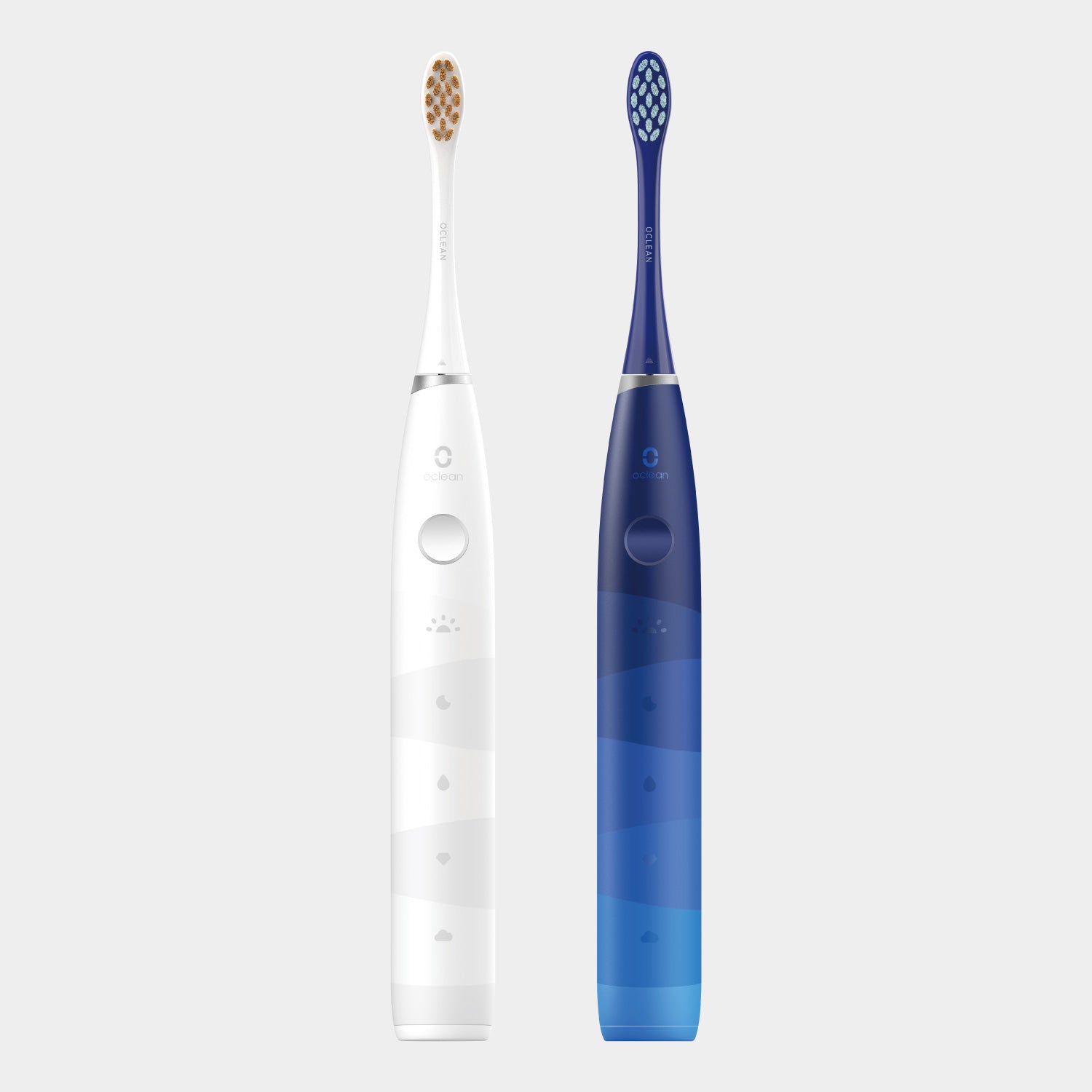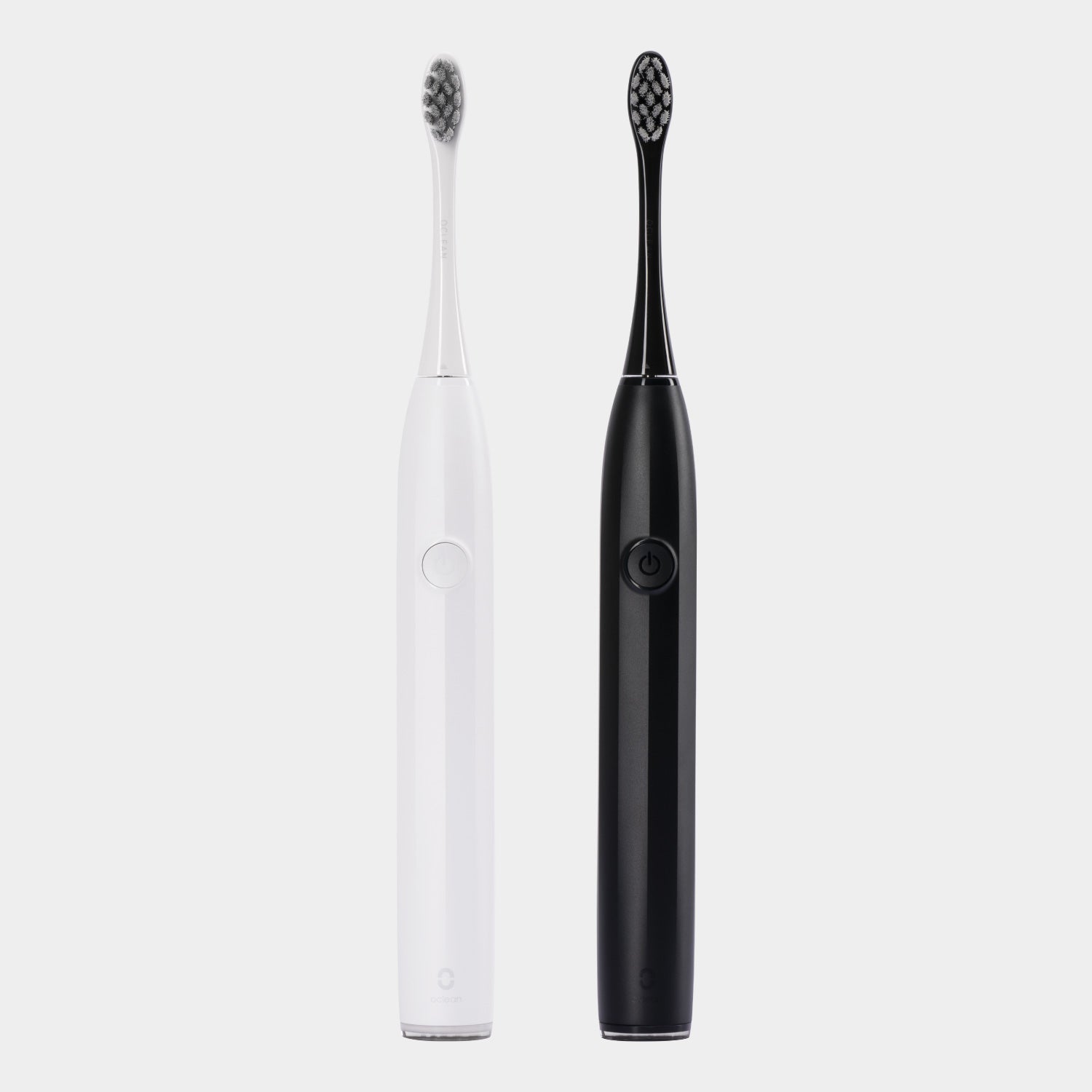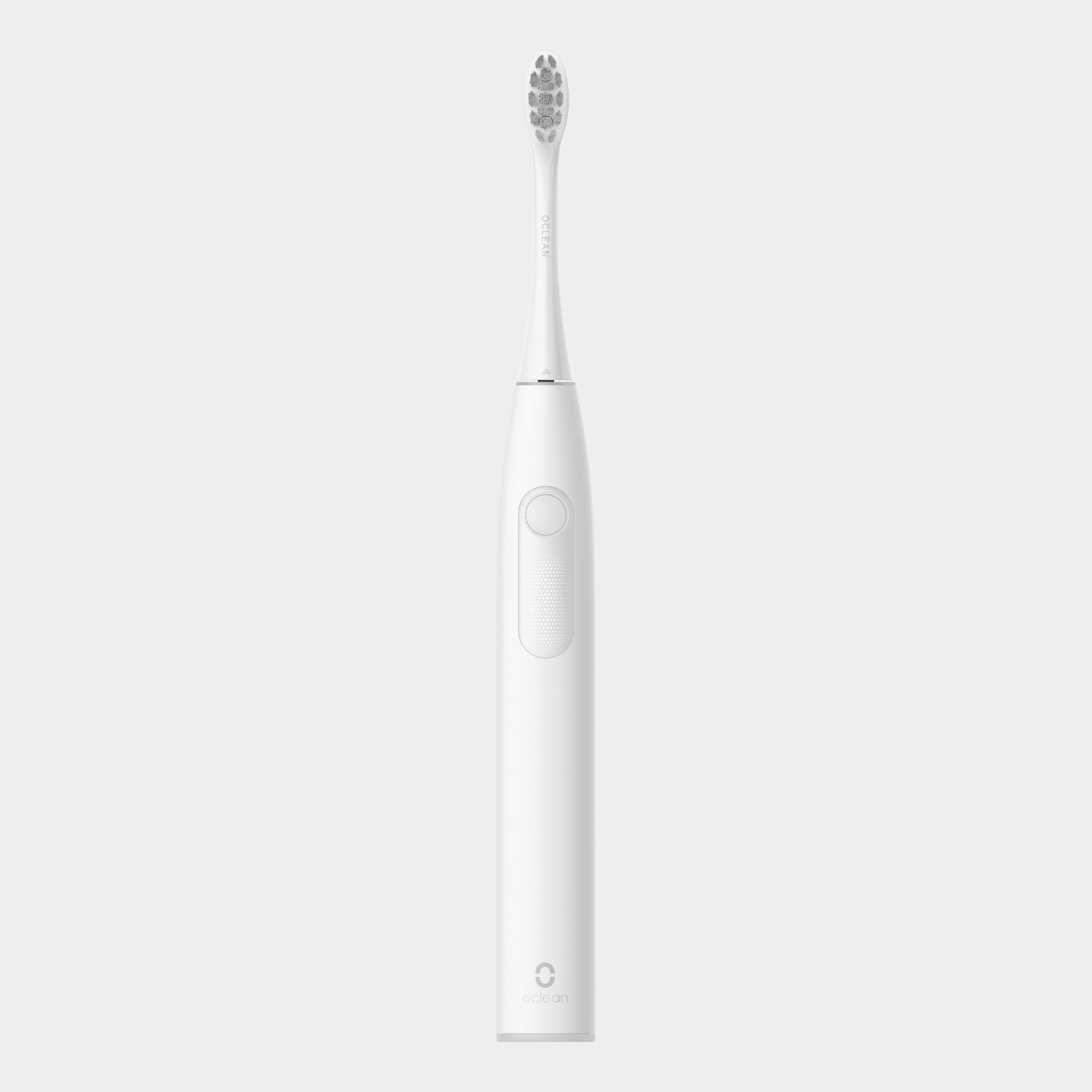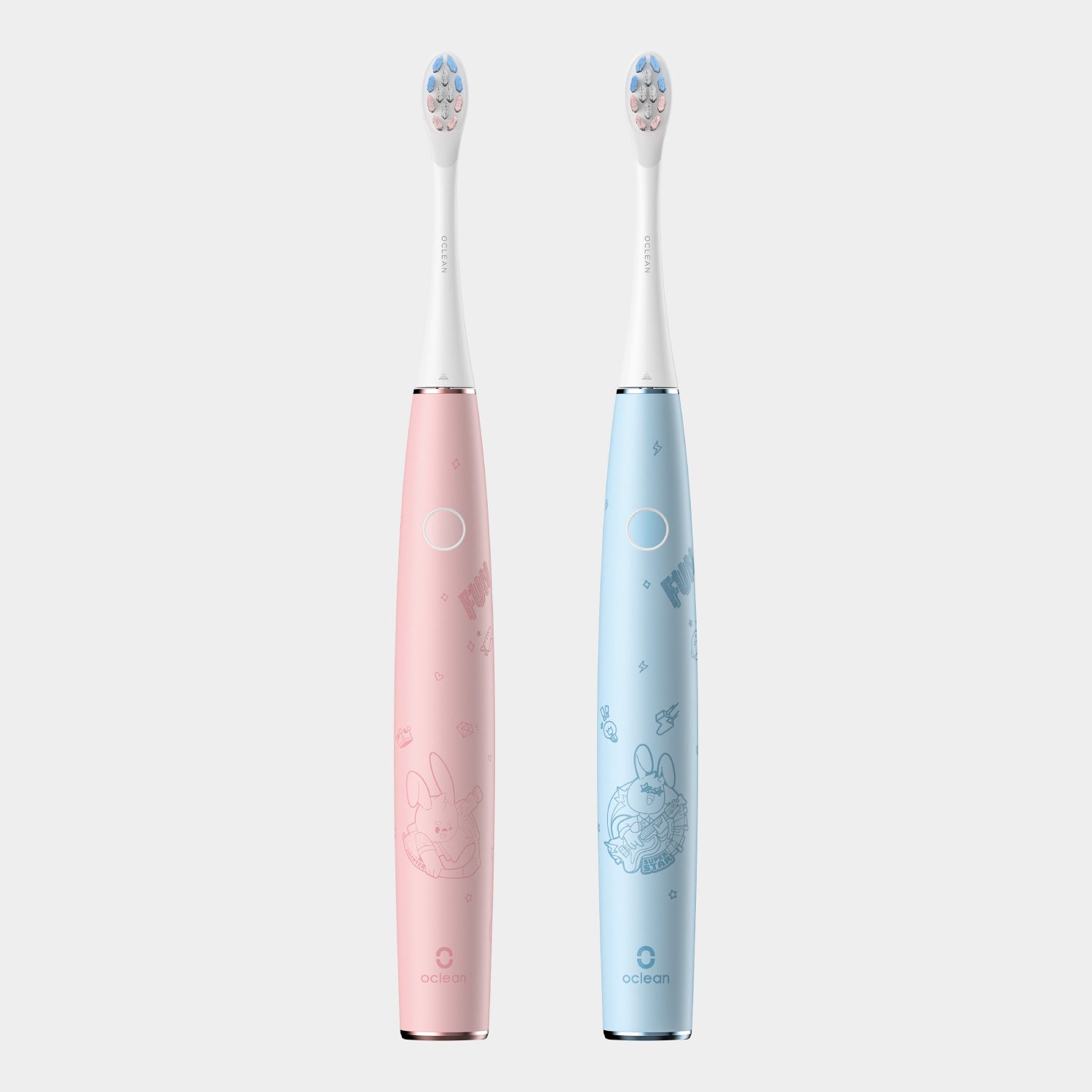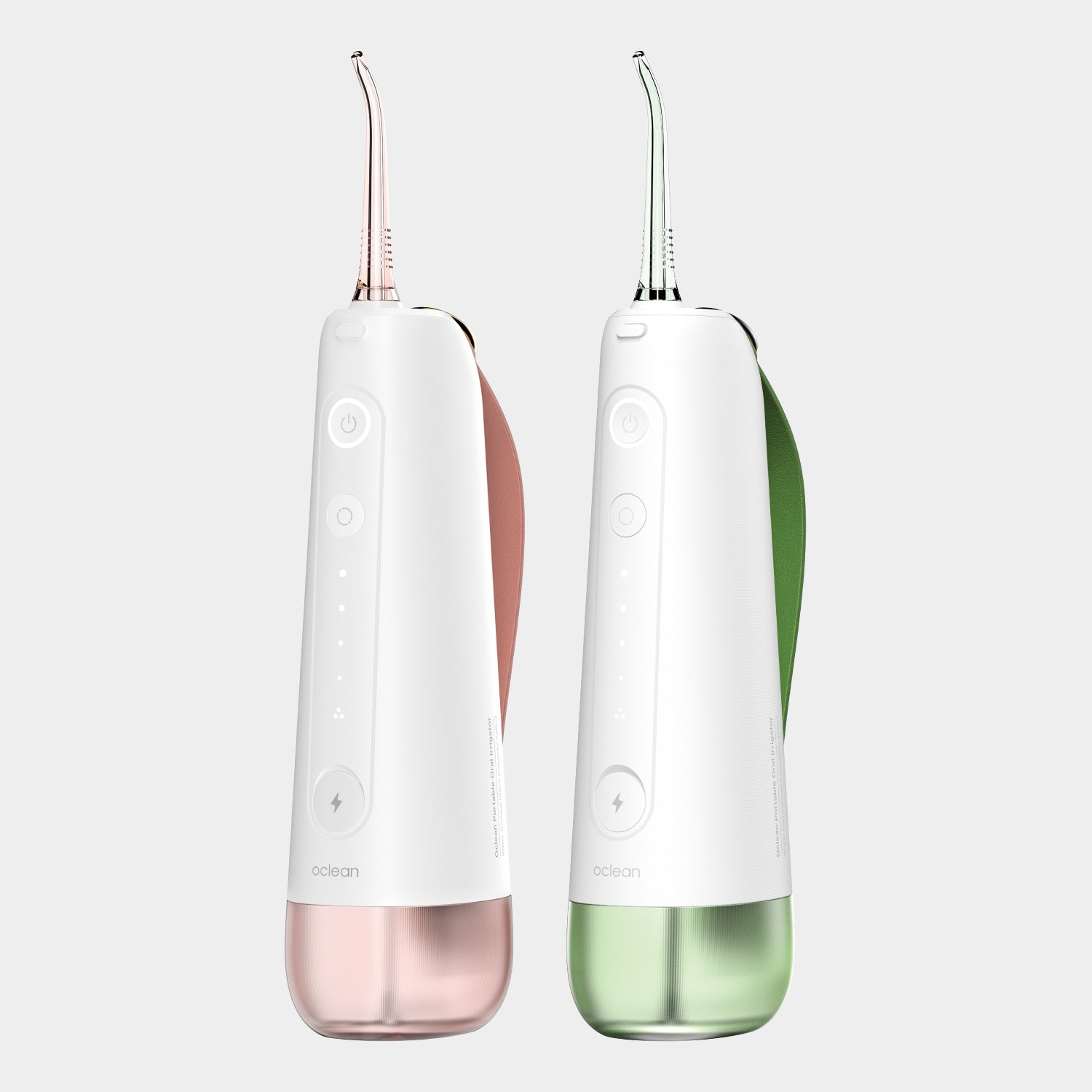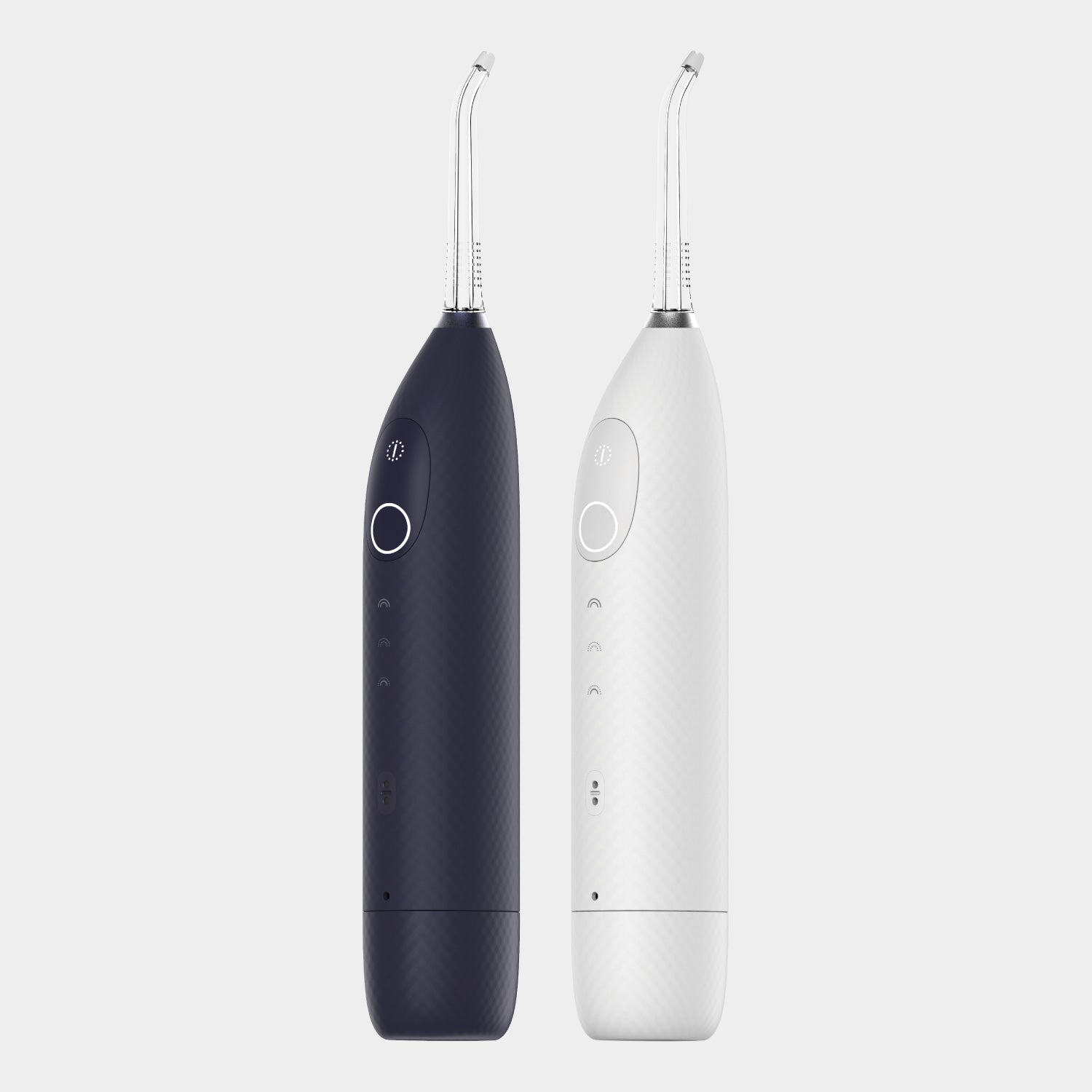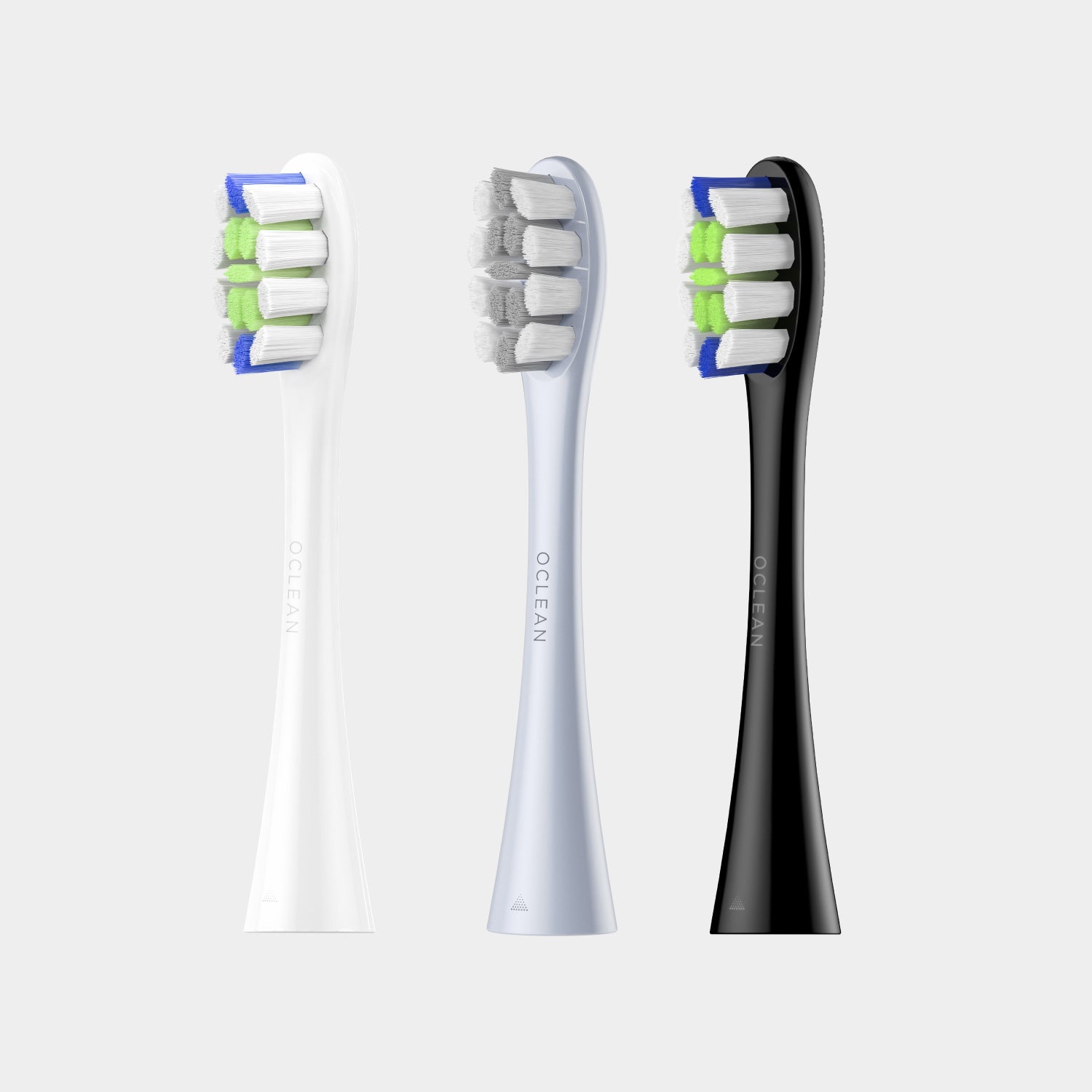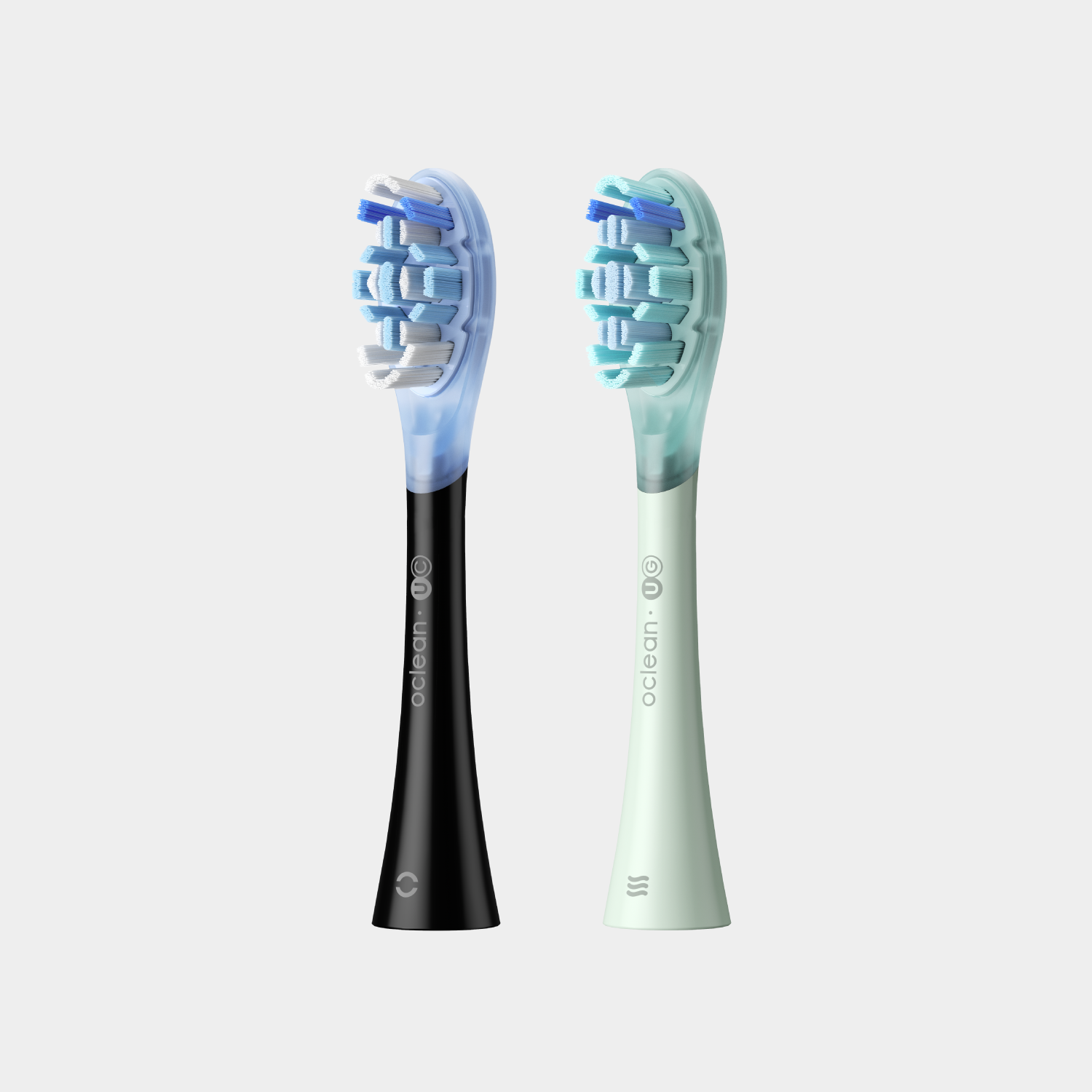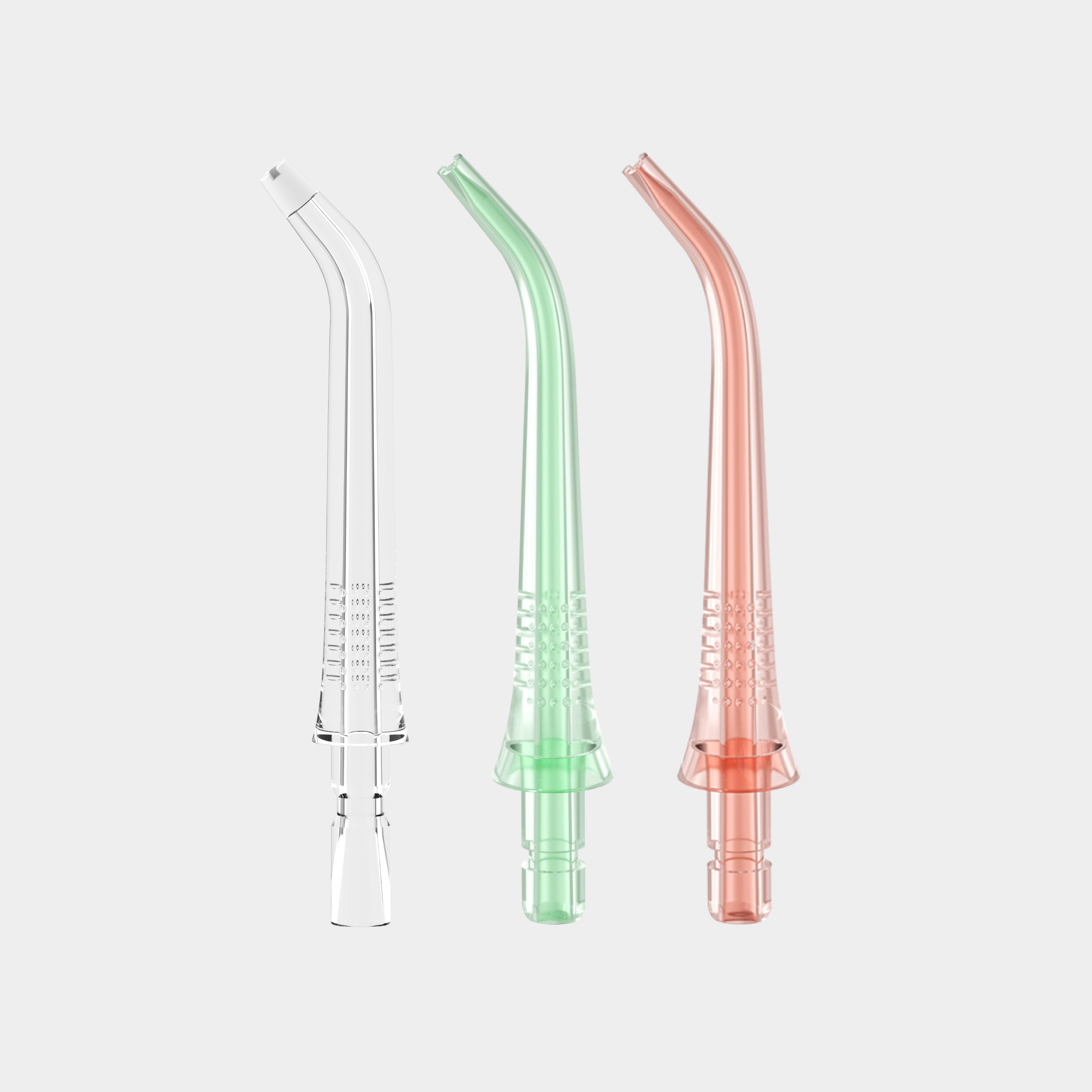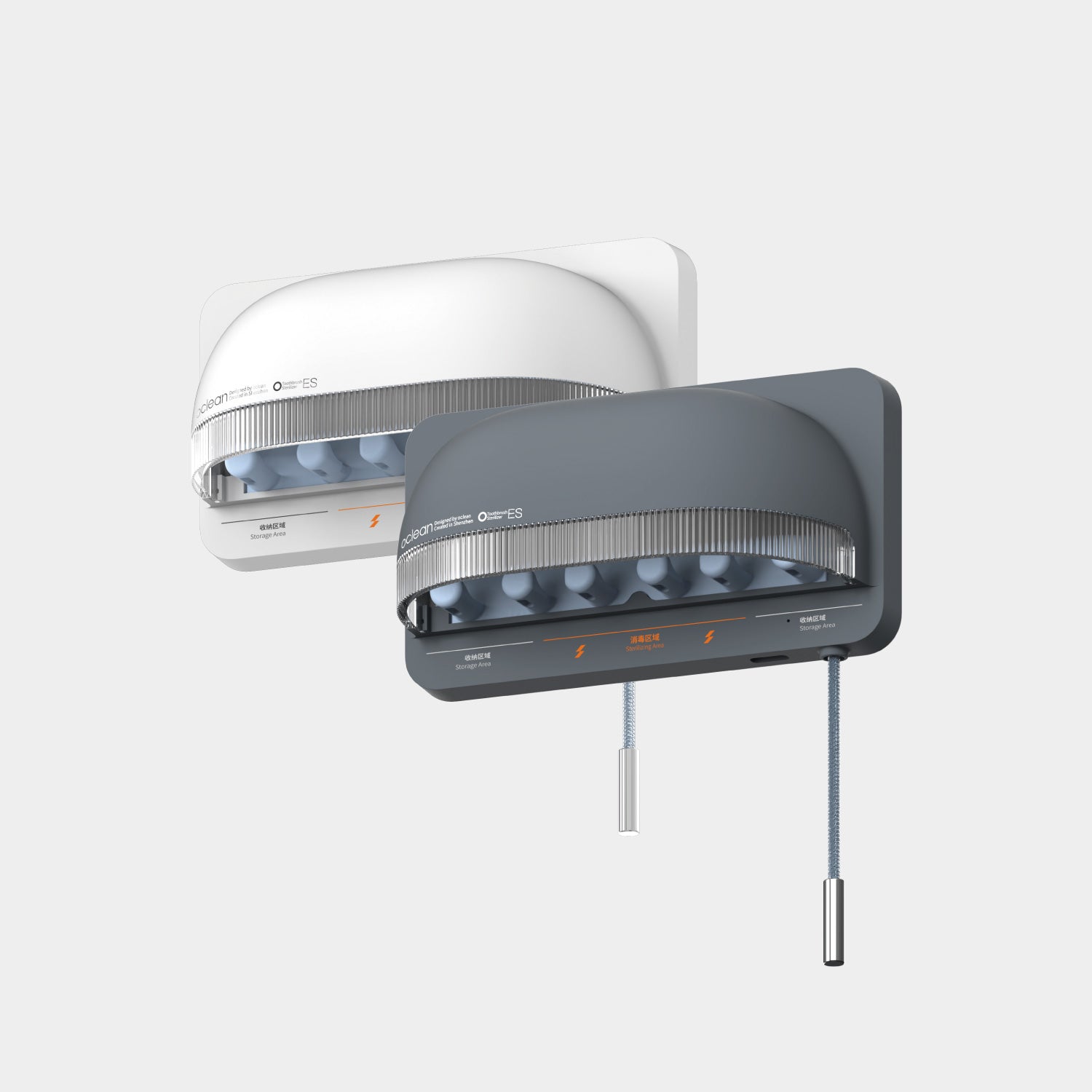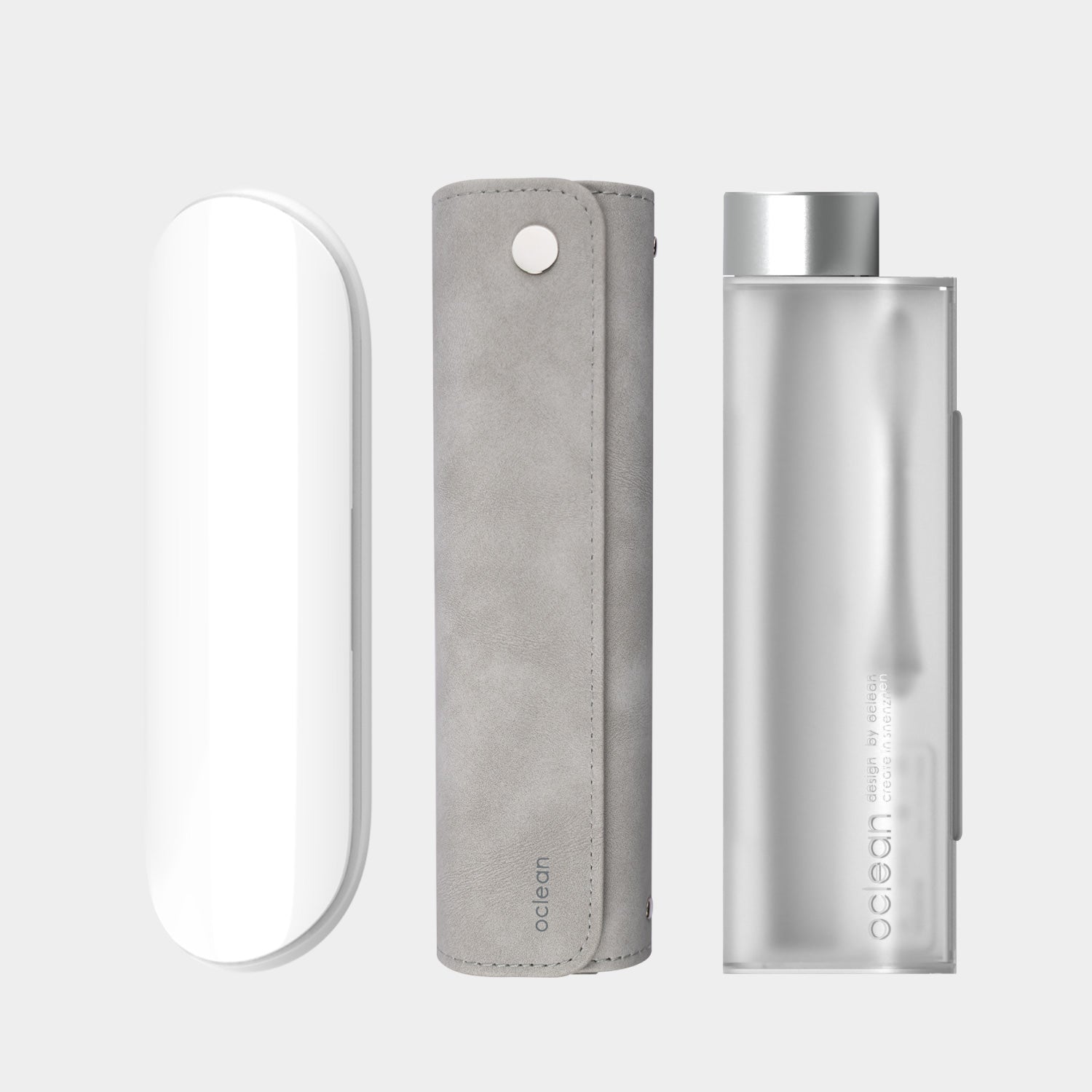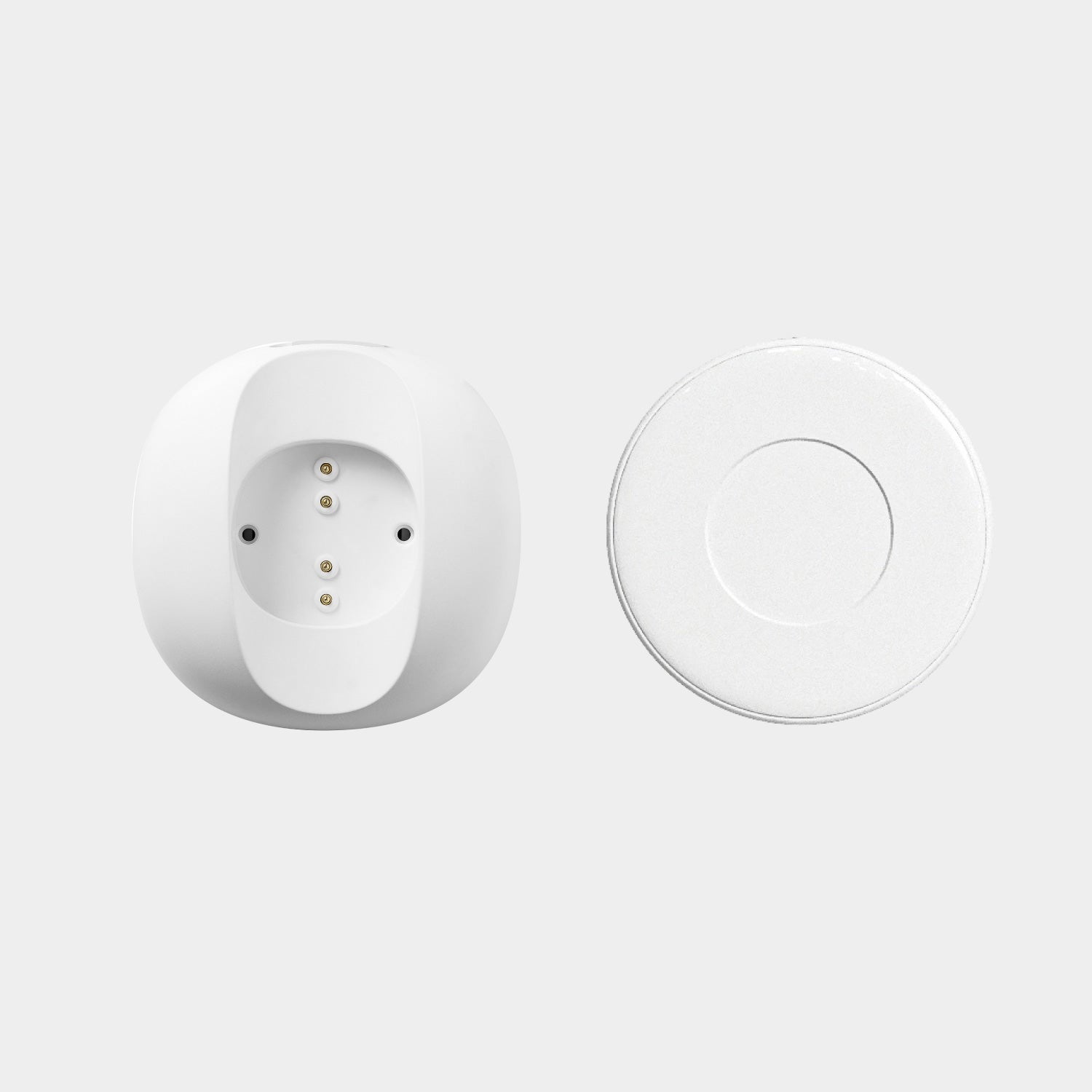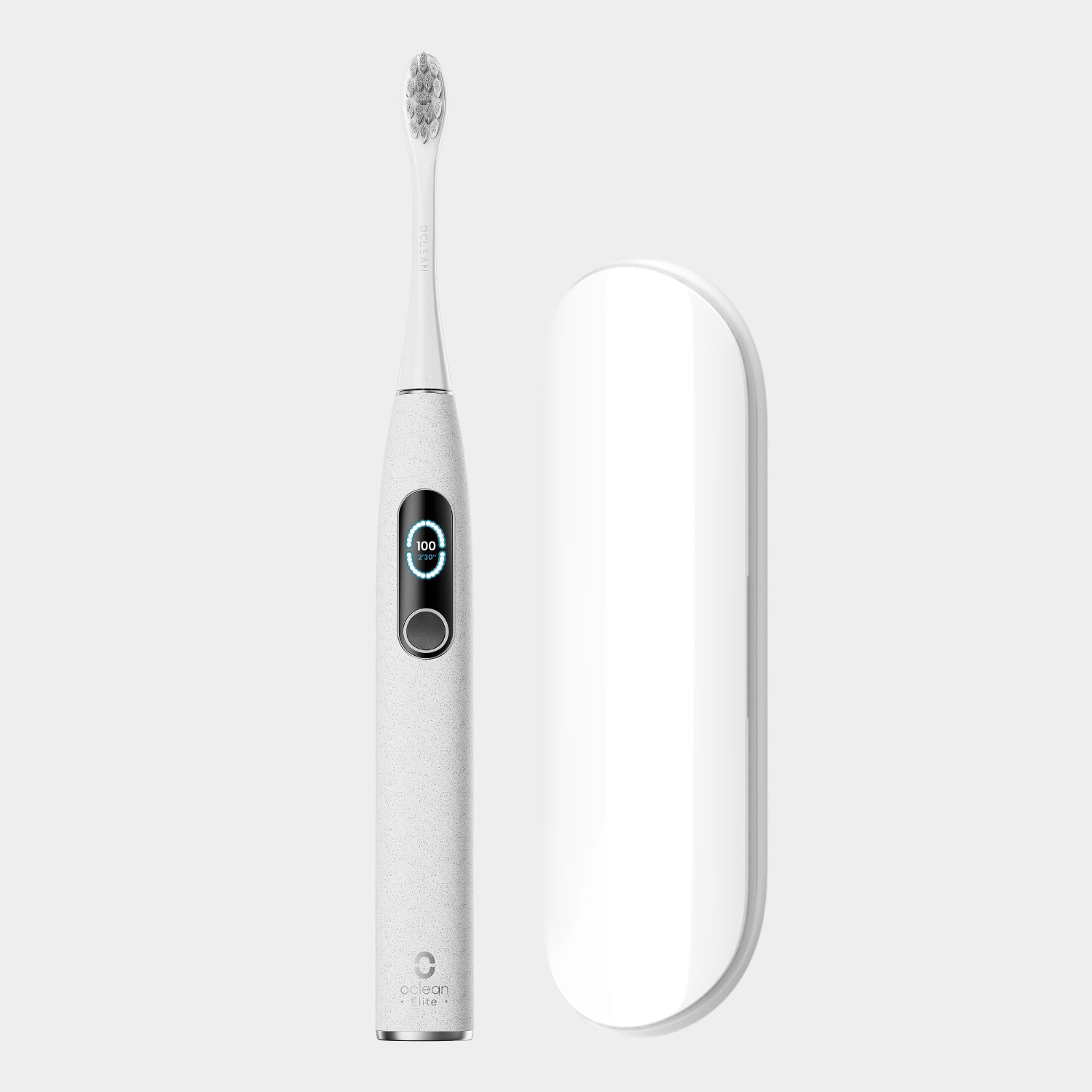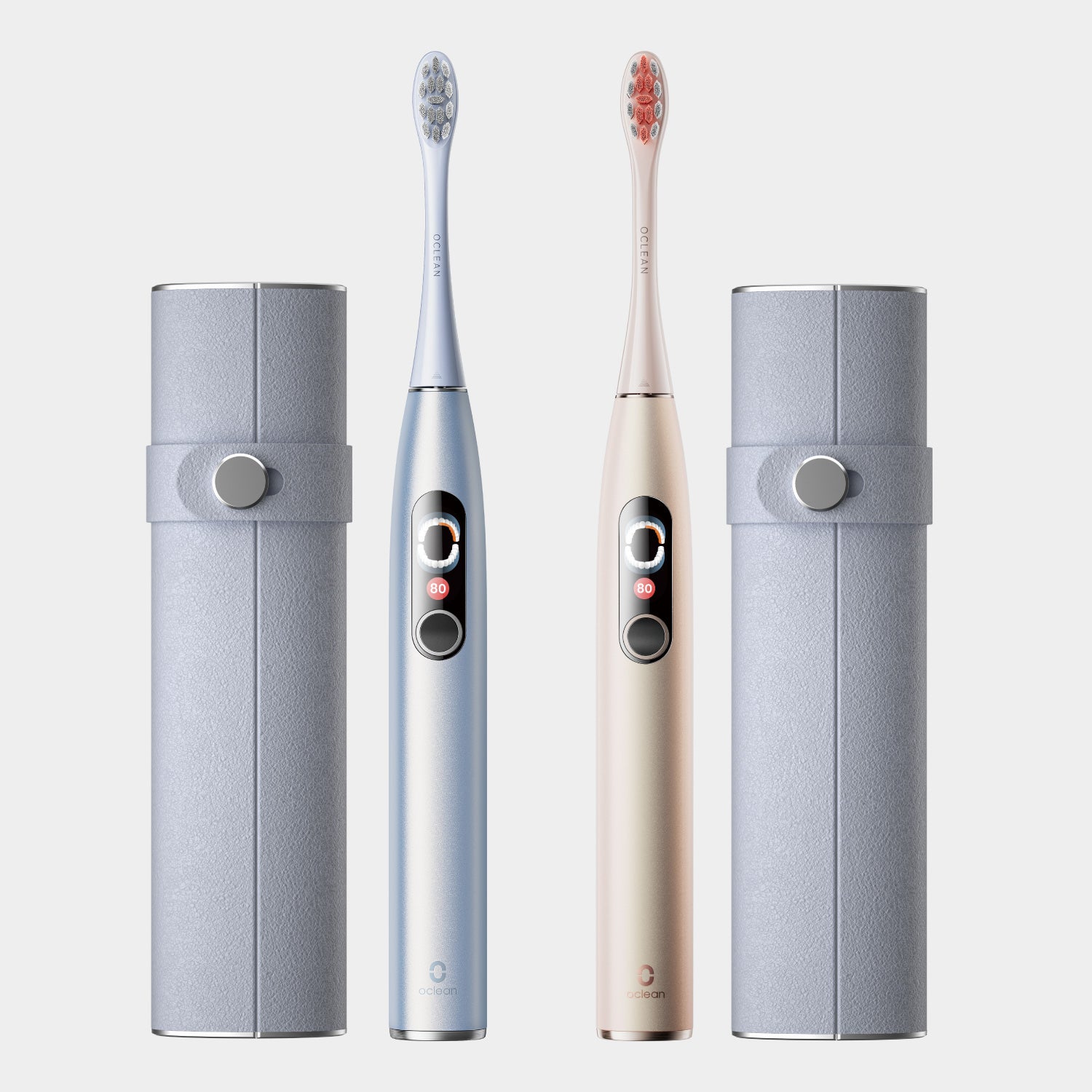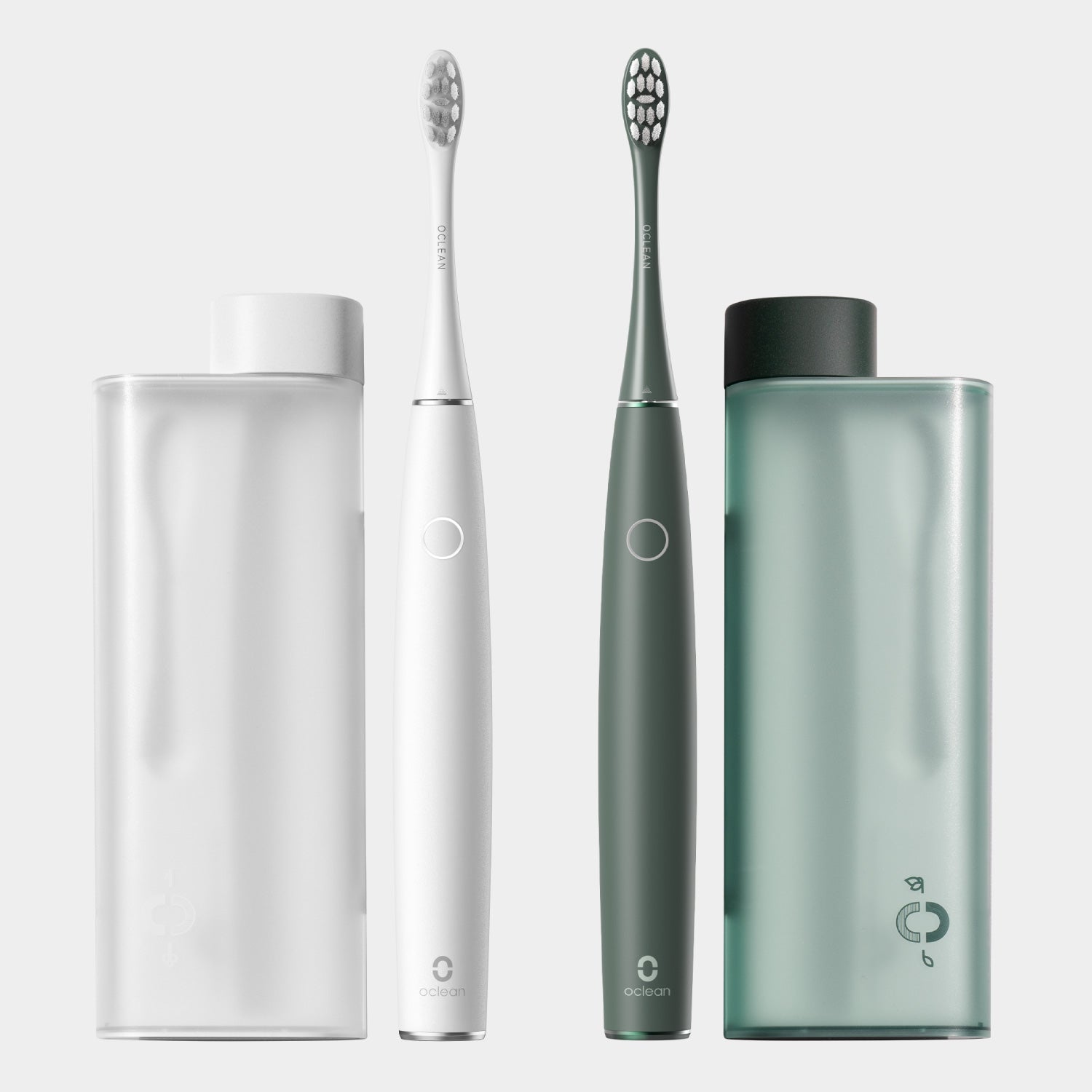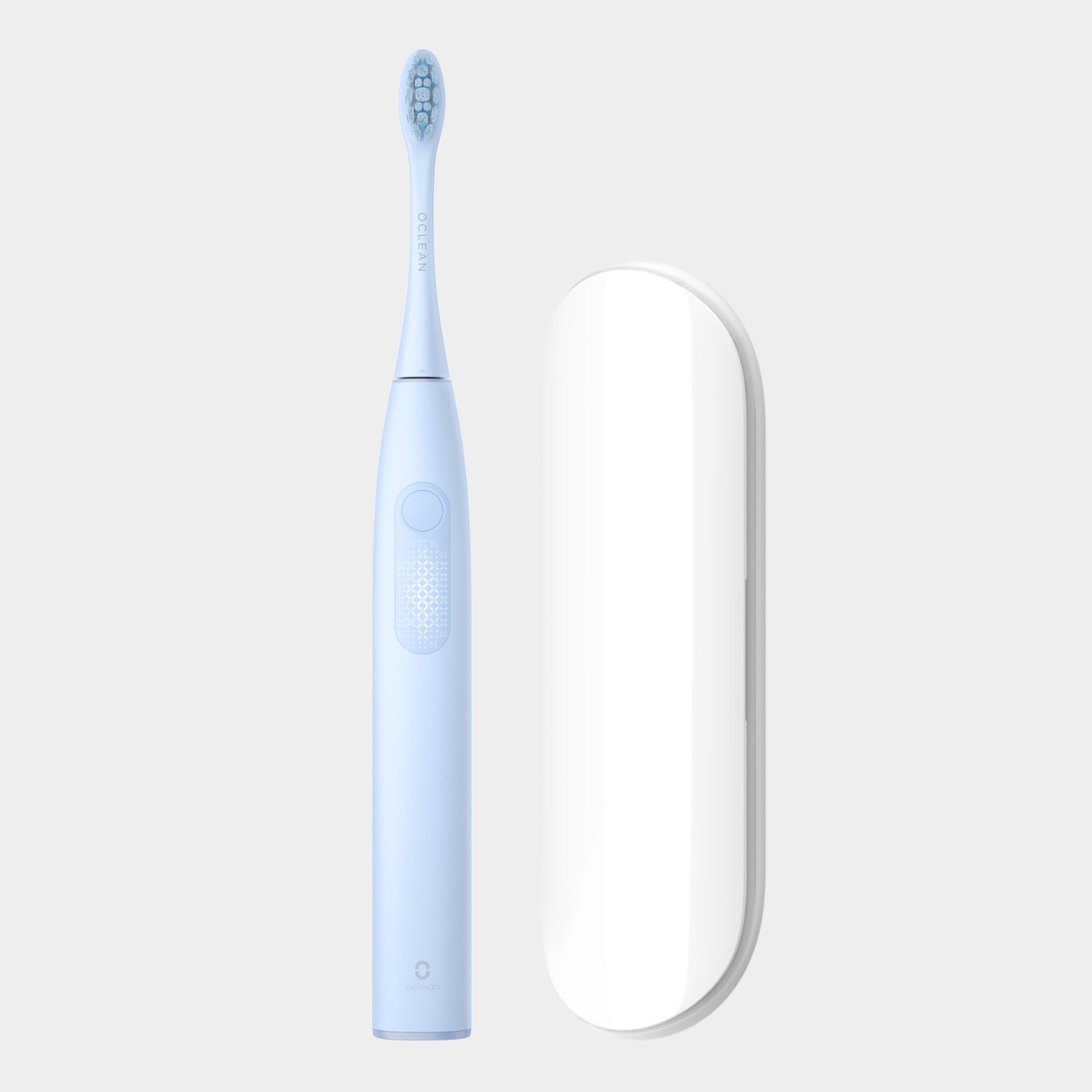Fluoride in Toothpaste and Whether or Not You Should Avoid It
Fluoride and toothpaste are a match everyone is familiar with. The element fluorine in literature has mostly been associated with toothpaste. Most dentists frequently advocate using fluoride-rich toothpaste during routine dental checkups, and many toothpaste commercials highlight the presence of fluoride in their products.
Ensuring a good concentration of fluoride has its benefits, but many ignored consequences exist. So, why avoid fluorides in toothpaste? Let’s explore the use of fluoride in our toothpaste and decide whether or not you should opt for fluoride-free toothpaste.
The Benefits of Fluoride
There are a plethora of documented benefits of fluoride toothpaste, which include the following:
1. Strengthens the enamel: In the early stages of the formation of teeth, fluoride has the potential to incorporate into the outer tooth structure as tiny crystals known as fluorapatite crystals. The bonds formed are stronger and more resistant to tooth decay and breakdown.
2. Alters the tooth structure: Fluoride alters the tooth structure, making the tiny grooves that exist on your teeth become shallower, hence, reducing the chances of decay.
3. Reverses tooth decay: The early stage of tooth decay is essentially the demineralization of the tooth structure. Fluoride has the potential to cause remineralization, hence reversing the damage.
4. Fights against harmful bacteria: There is documented evidence of the beneficial effects of fluoride against oral bacteria.
What Happens To Teeth Without Fluoride?
Without fluoride, the toothpaste you use would not provide you with the benefits mentioned above. Your teeth will have a higher risk of developing tooth decay, and your teeth might not be as strong without fluorapatite crystals.
However, toothpaste is not the only source of fluoride. Many countries have followed the American Dental Association’s recommendation of fluoridating water supplies to a concentration of 0.7 mg/L. Hence, it is difficult for your teeth to avoid fluoride altogether.
What Are The Cons Of Fluorides?
Many individuals fail to recognize the cons of fluoride-rich toothpaste. The consequence of using a high concentration of fluorides can be disastrous, causing a condition known as fluorosis. Fluorosis may lead to:
1. Discoloration of teeth, including brown and white spots
2. Weaker teeth that are easily chipped off
3. Stomach and digestion issues
4. Bone and joint weakness
Should You Use Fluoride-Free Toothpaste?
The International Association of Oral Medicine and Toxicology (IAOMT) has documented several health risks related to the use of fluoride in products. Individuals frequently opt for fluoride-free toothpaste under the following conditions:
1. If they are at risk of developing fluorosis, such as if their water supply contains a high amount of fluoride or they consume more than the required amount daily.
2. If they have an allergy to fluoride.
How Much Does Toothpaste Matter Compare to Your Brushing Technique
Interestingly enough, the debate on whether or not you should use fluoride in your toothpaste may not have as much significance as we once thought. Teeth benefit significantly from the abrasives present in toothpaste. However, the mechanical action of maneuvering a toothbrush around teeth is given more credit in oral hygiene maintenance.
Hence, it is detrimental that the correct toothbrush and the correct brushing technique are employed.
How to Optimize Your Oral Hygiene Maintenance Protocol
You may have fluoride in your toothpaste, but if you cannot deliver it to your teeth properly, you will not derive much benefit from it.
The Oral Health Foundation states that electric toothbrushes clean teeth and gums much better than manual toothbrushes. Smart electric toothbrushes have proven to reduce plaque accumulation more than possible by manual toothbrushes.
So, Is Fluoride Toothpaste bad?
Fluoride-rich toothpaste has its pros and cons. If you are at risk of developing fluorosis or have an allergy to fluoride, you should consider using fluoride-free toothpaste.
However, suppose you are at a high risk of developing tooth decay. In that case, you may benefit tremendously from incorporating fluoride in your toothpaste, provided it is in the recommended amount.
Always remember that the way you brush your teeth and the tool you use directly affects the efficiency of your toothpaste. Oclean offers a range of valuable aids such as sonic electric toothbrush and dental water flosser that are game-changers for keeping your teeth and gums clean.
*Cover image from Freepik@Drazen Zigic, we will delete it if constitutes infringement *
Related Readings:
Can You Bring an Electric Toothbrush on a Plane
How Many Calories Are in Toothpaste
What Happens if You Swallow Toothpaste
Are Charcoal Toothbrushes Safe


